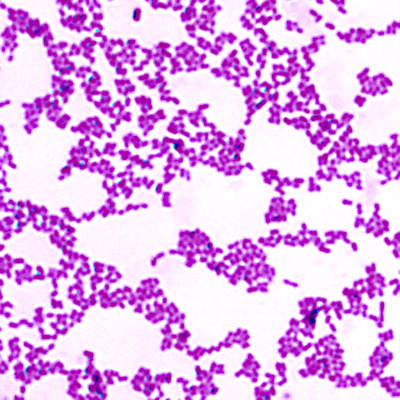 MinervaX announces funding for Group B Streptococcus vaccine
MinervaX announces funding for Group B Streptococcus vaccine
December 15, 2022 -- Danish biotechnology company MinervaX ApS announced the completion of a 72-million-euro ($76.3 million) financing round to advance development of a novel vaccine against Group B Streptococcus (GBS). An equity financing of 22 million euros was co-led by new investors Trill Impact Ventures and Pureos Bioventures and existing investors. The European Investment Bank provided additional funding in a form of a 50-million-euro loan. Read More
 Critical inhibitory site in enzyme leads to new antibiotic
Critical inhibitory site in enzyme leads to new antibiotic
December 12, 2022 -- Japanese researchers have discovered a new mechanism to allosterically inhibit a respiratory chain enzyme widely conserved across species. The research, published December 8 in the journal Nature Communications, identified an antibiotic effective against a drug-resistant strain of Neisseria gonorrhoeae based on their findings. Read More
 B cells hinder intestinal healing, offer potential IBD drug target
B cells hinder intestinal healing, offer potential IBD drug target
December 5, 2022 -- New research reveals that B cells, white blood cells that are critical to the proper functioning of the immune system, greatly increase after bowel damage and prevent the tissue from healing. The findings have implications for the treatment of inflammatory bowel disease (IBD). Read More
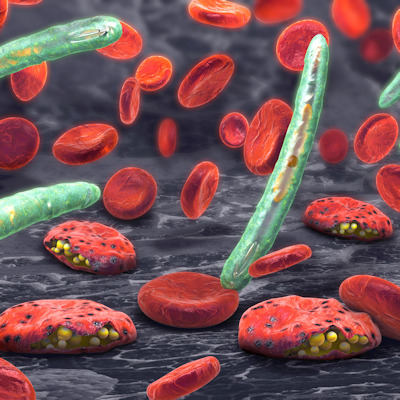 mRNA vaccines may help combat malaria
mRNA vaccines may help combat malaria
December 2, 2022 -- George Washington University-led research shows that COVID-19 fighting mRNA technology might save lives, prevent illness, and help eliminate malaria. Their study, published December 1 in the journal npj Vaccines, could usher in a new generation of malaria vaccines, the scientists contend. Read More
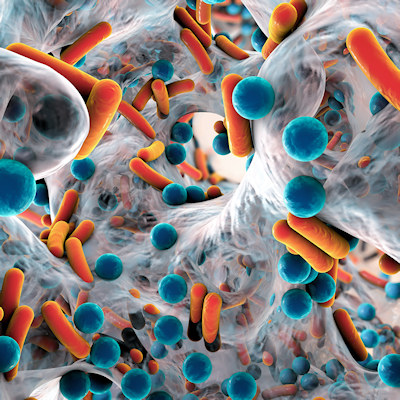 Researchers discover new form of undetectable antimicrobial resistance
Researchers discover new form of undetectable antimicrobial resistance
November 30, 2022 -- Australian researchers have discovered a new form of antimicrobial resistance that is undetectable using traditional testing methods. Their findings may help in the development of future antibiotics to tackle new mechanisms of antibiotic resistance. Read More
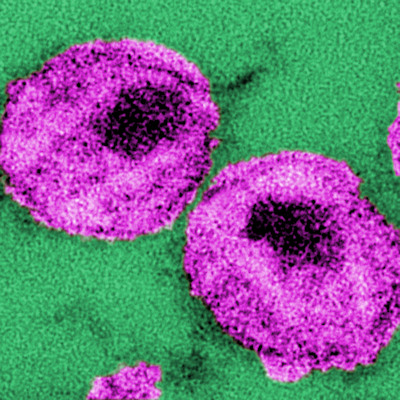 'Immunologic memory' may explain chronic inflammation in HIV: study
'Immunologic memory' may explain chronic inflammation in HIV: study
November 23, 2022 -- A study by researchers from George Washington University may explain why chronic inflammation occurs in people living with HIV and how suppression or even eradication of the virus may not resolve it. Read More
 NIH awards $12M for development of antiviral therapies
NIH awards $12M for development of antiviral therapies
November 22, 2022 -- The National Institute of Allergy and Infectious Diseases, part of the National Institutes of Health (NIH), has awarded three institutions more than $12 million for the development of antiviral therapies to treat diseases caused by viruses with pandemic potential. Read More
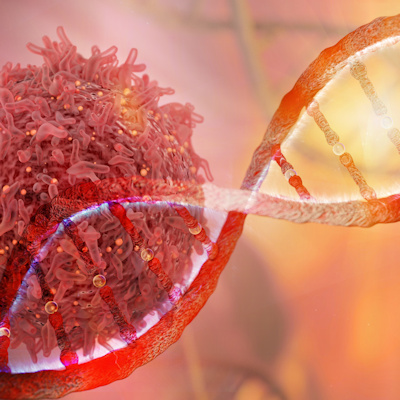 Cancer cell biology suggests which patients will respond to immunotherapy
Cancer cell biology suggests which patients will respond to immunotherapy
November 18, 2022 -- Researchers have discovered that more genetic material on chromosome 9 in cancer cells translates into a three times longer survival rate than those patients without it for certain kinds of head and neck cancer. Read More
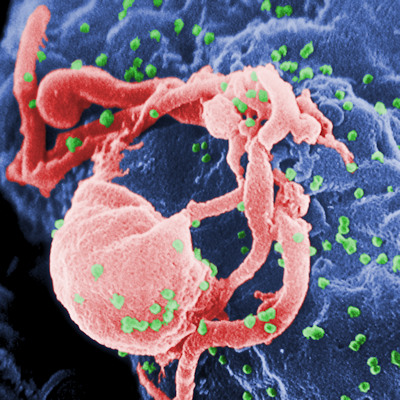 Researchers study how latent HIV evades antiretrovirals and immunity
Researchers study how latent HIV evades antiretrovirals and immunity
November 15, 2022 -- Duke University researchers have discovered that an immune response meant to help fight infections is the likely mechanism that drives human immunodeficiency virus (HIV) into latency, lurking in cells until it erupts anew. Read More
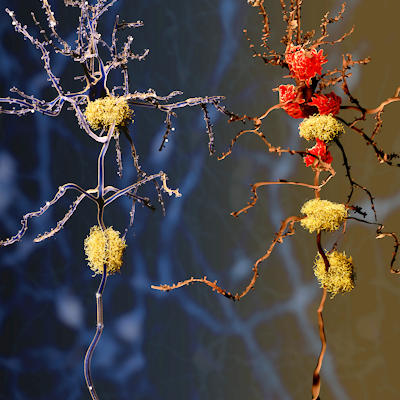 Stimulating immune cells around the brain could be Alzheimer's treatment
Stimulating immune cells around the brain could be Alzheimer's treatment
November 10, 2022 -- An immune-stimulating compound rejuvenates immune cells and improves waste clearance from the brain, which could help treat people with Alzheimer's, Parkinson's, and other neurodegenerative diseases, a study finds. Read More
Conferences
Member Rewards
Earn points for contributing to market research. Redeem your points for merchandise, travel, or even to help your favorite charity.
Research Topics
Interact with an engaged, global community of your peers who come together to discuss their work and opportunities.
Connect
Tweets by @ScienceBoard



